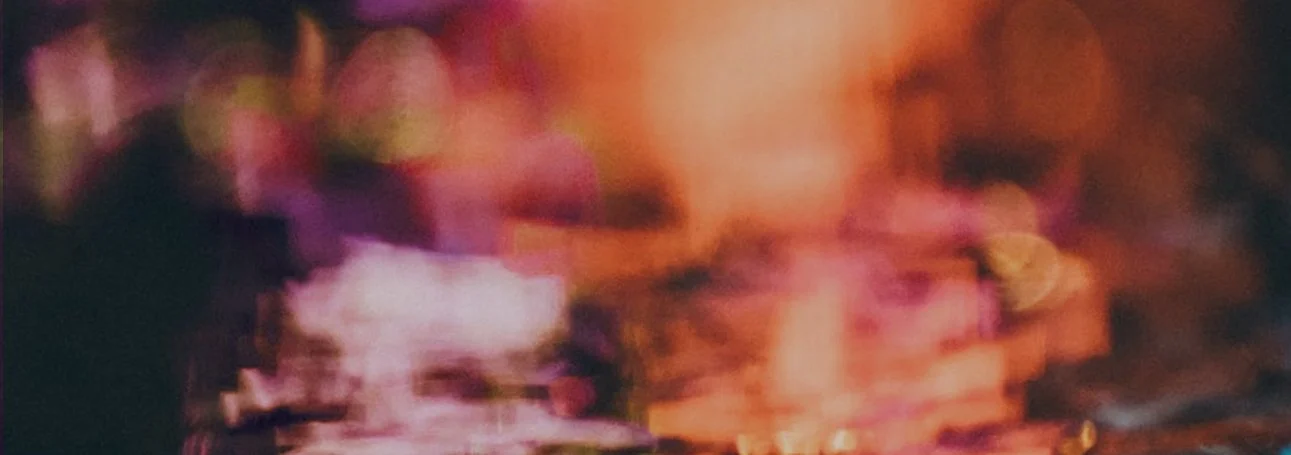Climate Change Deniers Can’t Deny Young People
In 1958, radio stations in Boston, New York, and other major cites banned the song “Rumble” by Link Wray. This was an era when adults were concerned about juvenile delinquency, and "rumble" was slang for a gang fight. People feared that Wray’s distorted guitar and feedback-fueled song would incite teenage violence. So much so that when Wray appeared on American Bandstand, host Dick Clark wouldn’t mention the name of the track (no matter that “Rumble” was an instrumental). Still, the adults failed to keep kids away from what they wanted: “Rumble” sold over a million copies.
Adults failed because young people in the 1950s were the first generation, at least on a large scale, to reject the sanitized and conformist lifestyle of their parents. The booming post-war economy created a distinct teenage subculture, with products aimed specifically at that demographic. For the first time youth had their own magazines, fashion, books, movies, and of course music. To the chagrin of white mothers and fathers, their children bonded with black and brown children over the sounds of Little Richard, Chuck Berry, Jerry Lee Lewis, Elvis Presley, Buddy Holly, and many others. There were so-called “moral panics”. Suburban parents worried that rock n roll, this new and savage music, would morally and sexually corrupt their offspring. Songs were banned throughout the decade. Yet countless American teenagers, raised on dangerous music spawned from the depths of hell, grew into upstanding and productive adults. Just like their parents.
Over sixty years later we find ourselves in another battle between the old and the young. On the old side are those gripping tight to the notion that human behavior has nothing to do with the catastrophic results of climate change. To them, it’s merely a coincidence that increased storms, droughts, wildfires, and sea levels are occurring at the same. The young side believes the collective opinion, based on facts, of 97% of the world’s scientists: human behavior has profoundly and negatively affected the environment, and we must take action now to prevent even more damage.
There’s no doubt that young people will win once again. Because if history is anything, it’s the expansion of human liberation and consciousness (albeit, a slow expansion). And if we look back to some of the pivotal changes – the worker’s movement, women’s suffrage, civil rights legislation, the passing of the 26th amendment, gay marriage, marijuana legalization – young people from one generation got the ball rolling until young people from a new generation pushed it over the finish line.
There will be a similar passing of the social advocacy baton with climate justice. Approximately 1.4 million students worldwide (4 million people total) participated in the recent climate strike, a continuation of the modern environmental movement that began in the early 1960s. Today, over 70% of teenagers and young adults feel human activity created the current environmental crisis. That percentage will only increase, which will inevitably compel corporations and politicians to truly address the problem.
If you’re unsure about the power of young people to effect change, let’s remember how President Lyndon Johnson dealt with civil rights issues. He didn’t wake up one morning in 1964 and think, out of the kindness of his heart, “It’s about time to make sure black people have the right to vote.” No. He was essentially forced to push for passage of the Civil Rights Act by youth who would no longer tolerate the inhumane, racist, and criminal policies of this country.
Adults in the south scoffed at those kids. “Don’t come to my neighborhood and try to change our way of life. This is our culture. Go homes kids. Stop wasting your time.” Well, we all know how effectively that response turned out. It turned out the same as those angered at lunch counter sit-ins, at factory worker strikes, at marches for freedom, at black children trying to desegregate schools. The youth won every time. Youth 5, Adults 0.
What those adults in the early 1960s failed to recognize, or were afraid to acknowledge, or were simply too mean-spirited to care about, was that their cherished way of life caused their neighbors to suffer. Today’s climate-change-denying adults wear similar blinders. They’re allowing selfish economic interests, and a bizarre mistrust of science, to fuel an epidemic that’s destroying every aspect of human, animal, insect, and plant life. Basically, everything of value on the whole damn planet.
Which leads us to perhaps the most important question in this debate: Why do some adults accept science in every facet of life except the climate crisis? Lee McIntyre, a research fellow at the Center for Philosophy and History of Science at Boston University, calls them “cafeteria skeptics.” They arbitrarily pick and choose what to believe. As McIntyre says, “They’re skeptics about climate change because they don’t want to believe in climate change but they’re not skeptics about chemotherapy. They’re not skeptics about air travel. They’re not skeptics about all sorts of things that they actually do care about.”
It will take a monumental effort to heal the planet. We have to change our habits. We have to shift our priorities. As part of that strategy, we must stop caring so much about what the skeptics care about. Let them hold on to their antiquated views. Soon enough, young people will prevail.


